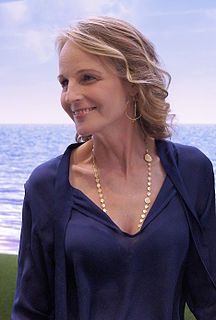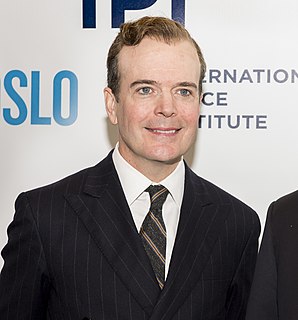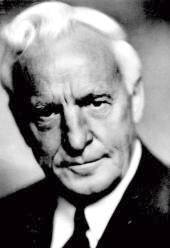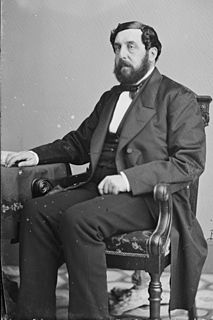A Quote by Washington Irving
The great British Library --an immense collection of volumes of all ages and languages, many of which are now forgotten, and most of which are seldom read: one of these sequestered pools of obsolete literature to which modern authors repair, and draw buckets full of classic lore, or pure English, undefiled wherewith to swell their own scanty rills of thought.
Related Quotes
He is no true reader who has not experienced the reproachful fascination of the great shelves of unread books, of the libraries at night of which Borges is the fabulist. He is no reader who has not heard, in his inward ear, the call of the hundreds of thousands, of the millions of volumes which stand in the stacks of the British Library asking to be read. For there is in each book a gamble against oblivion, a wager against silence, which can be won only when the book is opened again (but in contrast to man, the book can wait centuries for the hazard of resurrection.)
It is that faculty by which we discover and enjoy the beautiful, the picturesque, and the sublime in literature, art, and nature; which recognizes a noble thought, as a virtuous mind welcomes a pure sentiment by a involuntary glow of satisfaction. But while the principle of perception is inherent in the soul, it requires a certain amount of knowledge to draw out and direct it.
Professed authors who overestimate their vocation are too full of themselves to be agreeable companions. The demands of their egotism are inveterate. They seem to be incapable of that abandon which is the requisite condition of social pleasure; and bent upon winning a tribute of admiration, or some hint which they can turn to the account of pen-craft, there is seldom in their company any of the delightful unconsciousness which harmonizes a circle.
I am not of the opinion generally entertained in this country [England], that man lives by Greek and Latin alone; that is, by knowing a great many words of two dead languages, which nobody living knows perfectly, and which are of no use in the common intercourse of life. Useful knowledge, in my opinion, consists of modern languages, history, and geography; some Latin may be thrown into the bargain, in compliance with custom, and for closet amusement.
I work in Hebrew. Hebrew is deeply inspired by other languages. Not now, for the last three thousand years, Hebrew has been penetrated and fertilized by ancient Semitic languages - by Aramaic, by Greek, by Latin, by Arabic, by Yiddish, by Latino, by German, by Russian, by English, I could go on and on. It's very much like English. The English language took in many many fertilizations, many many genes, from other languages, from foreign languages - Latin, French, Nordic languages, German, Scandinavian languages. Every language has influences and is an influence.
I have neither the scholar's melancholy, which is emulation; nor the musician's, which is fantastical; nor the courtier's, which is proud; not the soldier's which is ambitious; nor the lawyer's, which is politic; nor the lady's, which is nice; nor the lover's, which is all these: but it is a melancholy of mine own, compounded of many simples, extracted from many objects, and indeed the sundry contemplation of my travels, which, by often rumination, wraps me in a most humorous sadness.
I foresee the time when industry shall no longer denude the forests which require generations to mature, nor use up the mines which were ages in making, but shall draw its raw material largely from the annual produce of the fields. I am convinced that we shall be able to get out of yearly crops most of the basic materials which we now get from forest and mine.






































